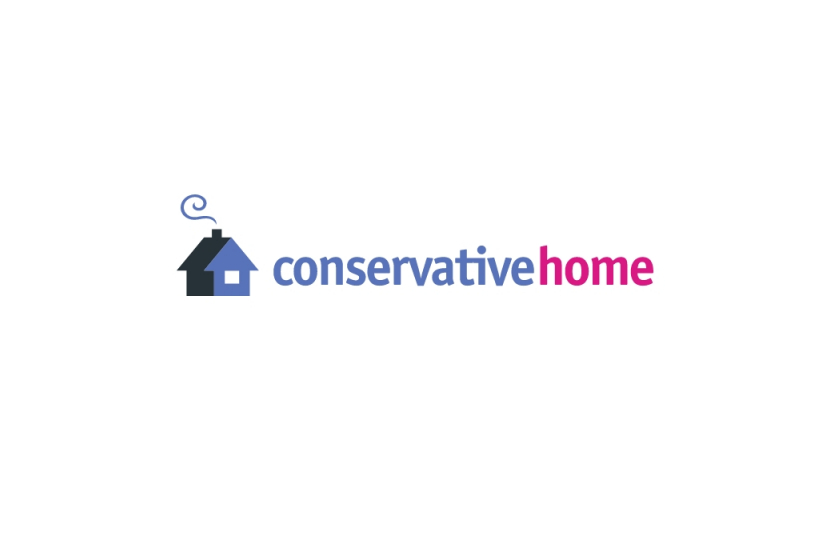
11 February 2022
The Southend West by-election result does not tell us very much except that UKIP is no longer much of a threat to the Conservatives. They not only lost their deposit but came after “spoilt ballot papers” and the Psychedelic Movement. Locally they have very few if any local councillors left after being spectacularly driven out in 2017. On top of that Reform UK only just about managed to keep their deposit in the Old Bexley and Sidcup by-election.
It seems that no matter how unhappy voters are with the Conservative Party, apart from in the opinion polls, there does not seem to be much evidence of them actually switching to Labour in elections. The Lib Dems and Greens are, however, a different story. Not only did the Lib Dems win both the Chesham and Amersham by-election as well as North Shropshire, both parties are capturing more and more council seats in the South East. They will no doubt use their growing local government base to start attempting to capture Westminster seats at the next General Election.
Knowing that they are unlikely to form a Government any time soon, both the Lib Dems and Greens are shamelessly disingenuous in their promises. They claim there is no need for any more house building or large infrastructure projects such as HS2, but somehow they will also manage to find homes for young people and provide greener travel. For a party of government this is the impossible circle that Michael Gove is trying to square. How can he close the generation divide and make sure there are enough homes for young people to buy, while protecting the countryside?
To win in the affluent South East the party not only has to find a solution to the development problem, but it will have to be strong on social justice issues all round. Andrew Mitchell told the House of Commons last July that Chesham and Amersham has the biggest Christian Aid group in the country. The cut in foreign aid spending that is popular in some places probably helped to elect Sarah Green as the MP in Chesham and Amersham.
The Government’s new Levelling Up White Paper is attempting to address some of the social injustices that exist and were no doubt exacerbated by the pandemic. Focusing on infrastructure, schools, the NHS and low income households while empowering local government to deliver for its communities – the white paper is moving in the right direction.
In 2019 we suffered a terrible set of local government election results losing control of 44 councils and 1,330 councillors. In the South East the Lib Dems and Greens built on these results during the county council elections last year, and the Lib Dems and Greens now have a firmer foundation on which to try and win Westminster seats. They are very good at targeting specific seats where they are strong and not competing against each other. Once elected they blame the Government for not being able to deliver on its election pledges. They are leaving a patchwork quilt of rainbow coalitions that often include independents as well – and the glue that holds them together is their hatred of us!
In Sevenoaks, where I was Deputy Leader until I stood down in 2019, we held back the anti-Tory tide that year with a strong local brand that combined fiscal responsibility and efficiency, with compassion. Voters were not going to risk their weekly bin collection and low council tax by voting Green or Lib Dem – especially when their local Conservatives were also building Dementia friendly towns and villages and rolling out social prescribing to help with their wellbeing. So their consciences were clear. Unfortunately, the Town Council and County council brands were not so strong – losing the town council in 2019 and the County seat in 2021. Sevenoaks was by no means the only place where success was achieved – nationally we can learn a lot from these places.
So with local elections this year and next, and a General Election taking place sometime before December 2024 we can relax a bit from UKIP and Reform UK – but we need to prepare to defend our traditional heartlands from the Lib Dems and Greens by making clear they are not up for grabs. We have to find a way to protect our countryside while still building homes for young people, and we have to actively promote social justice and equality of opportunity. We must be seen as fiscally responsible and efficient but we must also make sure people know we care.
